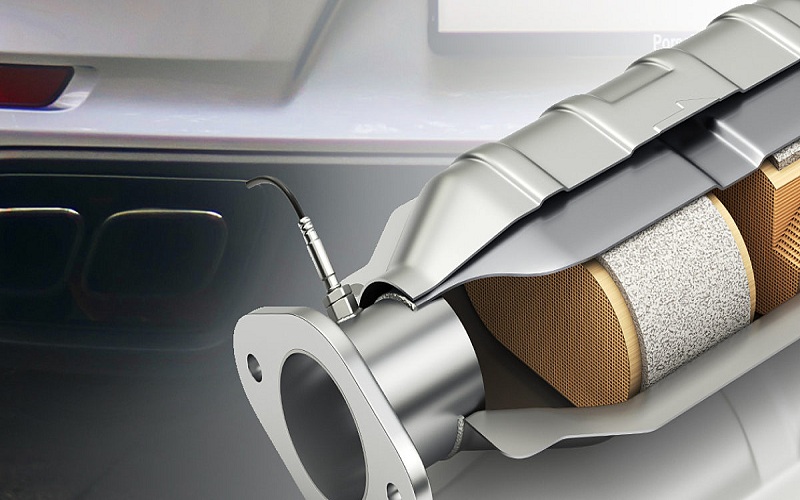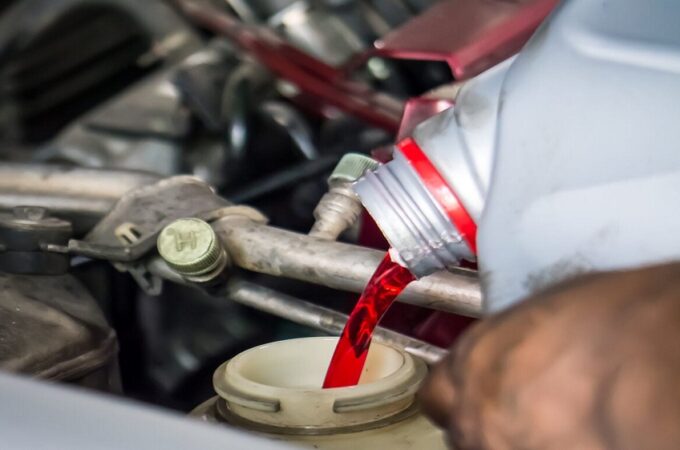
Unlocking the Precious Metals: Inside the Catalytic Converter Recycling Industry
In addition to recovering priceless precious metals, catalytic converter recycling helps reduce the negative environmental effects of automobile emissions. Gaining insight into this industry’s internal operations can help one appreciate its importance in terms of resource preservation, sustainability, and economic expansion.
Catalytic Converter Value
Small quantities of precious metals, including platinum, palladium, and rhodium, are present in catalytic converters, which are essential parts of cars. By serving as catalysts, these metals enable chemical processes that change toxic emissions into less toxic ones. As the demand for these metals rises, catalytic converters are becoming significant commodities in the recycling sector.
The Method of Recycling
There are several steps in the recycling process for catalytic converters. First, scrapyards or cars nearing the end of their useful lives are where old converters are gathered. After that, they are taken to recycling centres, where the valuable metals are extracted by disassembling them. The metals are separated from the substrate using a variety of techniques, including heat processing, chemical leaching, and mechanical crushing. Precious metals are extracted, purified, and sold to producers so they may be used again in fresh catalytic converters or other products.
Technological Advancement
Technological developments in recycling have completely changed the catalytic converter recycling market, increasing productivity and lowering costs. Recycling facilities can precisely determine the metal content of converters and maximise metal recovery rates with cutting-edge methods, including automated sorting systems and X-ray fluorescence (XRF) analysis. By consuming less energy and garbage, these technologies not only boost profitability but also lessen their negative effects on the environment.
Dynamics of the Market
A number of factors, including changes in regulations, supply and demand dynamics, and metal prices, affect the market for trash catalytic converters. Price fluctuations for metals, especially platinum, palladium, and rhodium, may have a big effect on the profitability of recycling businesses. The market for catalytic converter waste is also shaped by regulatory restrictions, including recycling laws and emissions regulations.
Impact on the Environment
Recycling catalytic converters minimises waste and eliminates the need for fresh metal extraction, both of which have a positive impact on the environment. The sector eliminates pollution from mining and refining operations, conserves natural resources, and uses less energy by recovering and recycling precious metals. Furthermore, recycling encourages cleaner air and water, which lessens the negative environmental effects of automobile emissions.
Adherence to Regulations
Regulative compliance is crucial in the catalytic converter recycling sector to guarantee appropriate waste management and environmental protection. Recycling facilities must follow regulations controlling the handling, transportation, and recycling of catalytic converters. This entails securing licences, implementing pollution control measures, and stopping the illicit trading of precious metals.
Worldwide Reach
Catalytic converter recyclers are a worldwide industry with operations in several nations. Cooperation between governments, companies, and consumers is crucial to solving global environmental concerns and encouraging responsible recycling practices. As the automobile industry develops, catalytic converter recycling will become more crucial to economic growth and sustainable resource management.
Conclusion
The industry that recycles catalytic converters is essential to releasing the value of precious metals and fostering both economic expansion and environmental sustainability. The industry lessens the environmental effect of automobile emissions, conserves natural resources, and uses less energy by collecting and recycling these metals. Fostering ethical recycling practices and creating a more sustainable future require an understanding of the inner workings of this business.





